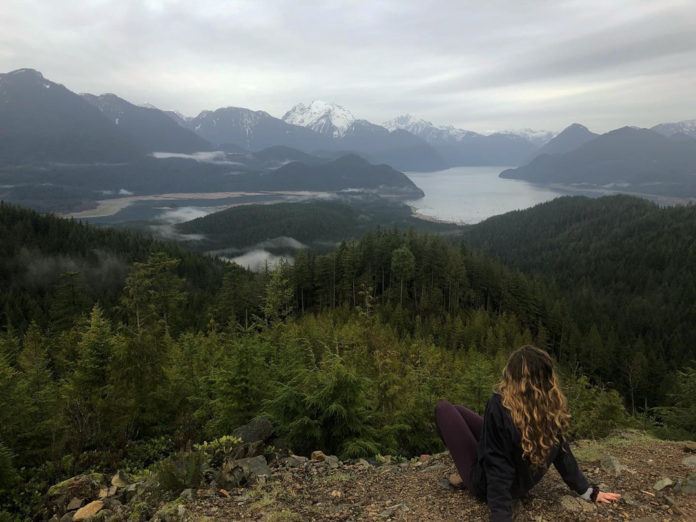May 5 marked the National Day of Awareness for Missing and Murdered Indigenous Women and Girls and Two-Spirit People. The day is often symbolized by red dresses, similar to how orange shirts or ribbons symbolize the ongoing legacy of the residential school system. The feature will unpack some of the reasons why Indigenous women are 12 times more likely to be murdered than non-Indigenous women, signifying an ongoing genocide against Indigenous women and communities.
This systematic removal of Indigenous women manifests into intergenerational trauma passed onto children who have lost their mothers, as well as the loss of cultural identity and knowledge systems that are passed down by matriarchs to subsequent generations. This traditional knowledge is not only necessary to preserve language, medicines, and technologies, but also crucial to mitigating climate change.
All across the globe, Indigenous knowledge of medicine, plants, animals, agriculture, health services, language, and the sustainable uses of natural resources are preserved through the efforts of women. The ongoing violence experienced by not only Indigenous women in so-called Canada, but around the world, hinders their ability to mobilize and participate in social and political activities that will be imperative to our survival as a species. Sadly, their knowledge is so often excluded from scientific research, which is a byproduct of colonialism.
Women’s knowledge about the environment is so crucial that when there are more women in a country’s parliament, that country is more likely to set aside protected land areas and uphold international environmental treaties. There is even data that reveals a causal relationship between gender inequality, deforestation, and air pollution.
Aboriginal Traditional Knowledge (ATK) “is about so much more than knowledge about how to live sustainably,” says Canadian environmentalist Deborah McGregor. “Rather, it is living sustainably. It is not just about understanding the relationship with Mother Earth, it is the relationship itself.”
Robin Kimmerer, botanist, professor, and author of Braiding Sweetgrass, emphasizes that “one of the hallmarks of Indigenous ways of knowing is that we are blessed by being surrounded by intelligences other than our own.” She warns us that humans cannot innovate our way out of climate change alone, but we must look to elder plants, who have so much to teach us about survival during this “time of dramatic change and adaptation.”
Indigenous women not only hold a rich knowledge of biodiversity and the natural world, as well as depend upon these resources and this knowledge for their survival, but are directly impacted by the effects of climate change and the consequences of raping the environment for capitalist gain. One study showed how a hydroelectric development in Winnipeg poisoned traditional food sources for pregnant and nursing mothers. The whitefish in the Winnipeg River, a food that was said to improve the quality of mother’s breast milk, was contaminated with methylmercury.
Indigenous women must regain their positions of leadership within the governmental systems that colonized their nations and attempt to quell their voices and destroy their cultural identities. The violence that is executed on the land by colonizers and the autonomy Indigenous communities have lost over their natural resources is represented in the violence enacted on Indigenous women’s bodies, which hinders their ability to pass on these systems of knowledge that have the potential to save our planet.
Andrea Sadowski is working towards her BA in Global Development Studies, with a minor in anthropology and Mennonite studies. When she's not sitting in front of her computer, Andrea enjoys climbing mountains, sleeping outside, cooking delicious plant-based food, talking to animals, and dismantling the patriarchy.


